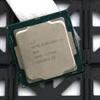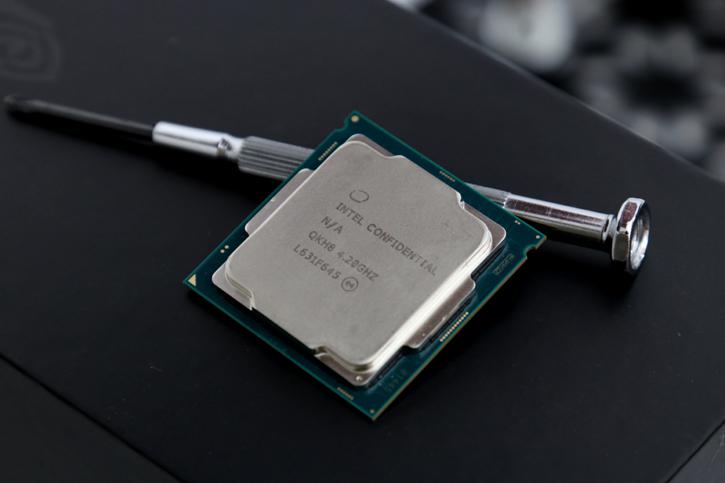Final Words & Conclusion
Final words & conclusion
Very little is different about the 7700K compared to the 6700K. If you clock both at the very same clock frequency, they both will perform roughly similar. As such, the architecture does not make a tremendous step forward in terms of IPC performance seen over Skylake. This does mean that the need to upgrade from any quad-core Intel PC you purchased in the last couple of years really is irrelevant unless you need a platform upgrade (e.g. desire M.2, USB 3.1, etc). Kaby Lake is mostly a quad-core processor series with very small process tweaks, slightly higher turbos and a processor that can tweak to the 5 GHz domain. All in all not bad, but let's face it - clock for clock these processors all roughly perform the same starting at Sandy-Bridge and the Core i5 2500 / Core i7 2600 series released in January 2011. It's the clock frequencies and number of cores where you can find the extra performance, the architecture helps but not by much, but even then it's all very relative. Raw processor performance wise, aside from the usual small incremental increases, nothing will change on a grand scale. Aside from hardware accelerated H264 content, we can hardly find anything new or interesting enough over last-gen products for this processor series.
Performance & tweaking
The overall performance for a Core i7 I'd rate as "OK" for this Core i7 7700K, again it is the higher turbos that get this processor higher rankings, something that is easily tweaked with ANY Core i5 or Core i7 processor in the K series ever since 2011. Once tweaked, temps remain very acceptable (depending on choice of cooling) and temperatures when the CPU is overclocked with added voltage definitely seem to be a notch better opposed to Haswell and Skylake. We have been able to reach 5.0 GHz stable on liquid cooling (Corsair H110 LCS kit). At that level you are looking at 1.30 up-to 1.35V needed on that CPU core to reach the 5 GHz domain. This obviously will vary per processor. Motherboard wise any mainstream to enthusiast class product will get you there easily as the motherboard manufacturers have properly fine-tuned products.
Power consumption
If we step back and take the Intel reference board with a Sandy Bridge processor (2600K) without a dedicated graphics card, that platform idled at roughly 50 Watts. Once we stress the processor 100% on that platform we'd see ~120 Watts power consumption. With Kaby Lake (Core i5 7600K) we noticed roughly 45 Watts in idle and 100 Watts with processor load at 100%. So over the past 5 years we gained 20 Watts power saving under load circumstances. Yes, again it all remains relative.
The bottom line
Kaby Lake in the offering of a Core i7 7700K again is a lovely processor, but so was the previous generation and herein is the conundrum to be found as that poses the problem, why should you upgrade? If you have not upgraded for multiple years then Kaby Lake COULD be an attractive alternative. The performance increases you see however are not based on improved architecture performance, it's just higher turbos and a few small tweaks. Any Intel Core K model processor you have purchased in the past three years can quite easily be tweaked to the same performance levels. Make no mistake, the Core i7 7700K of course is an excellent quad-core processor that can reach high frequencies if you give it enough cooling. It's just that it is more of the same, incredibly comparable to Skylake even. If you have a Core i7 6700K then just clock the turbo to 4.5 Ghz and boom, you'll have the very same performance at hand as this 7700K. Only if you are in the market for a much desired PC upgrade and a renewed infrastructure (motherboard) does the upgrade make sense. If you feel your system is outdated and you would like features such as USB 3.1, more SATA3 ports, better audio, better NICs or AC WIFI then that's where the new platform upgrade is going to make sense. It is a lovely processor, but so was the 6700K, the 5770 and the 4790K. Give us something new Intel, six cores in this segment maybe?
Handy related downloads:
- Sign up to receive a notice when we publish a new article
- Or go back to Guru3D's front page.


